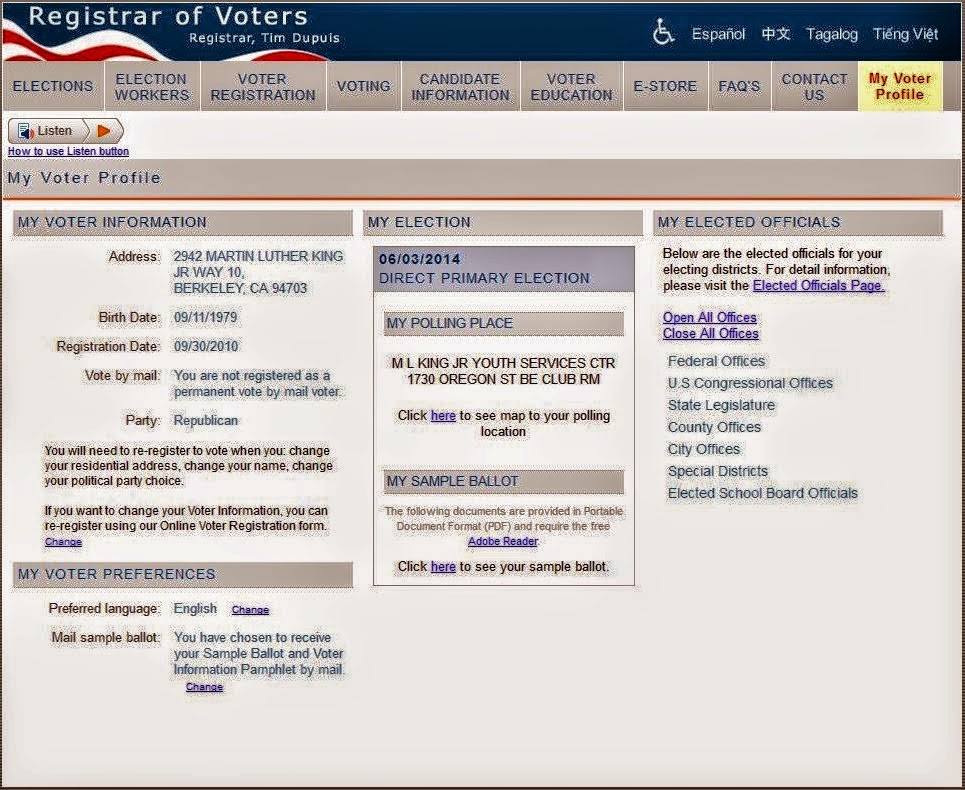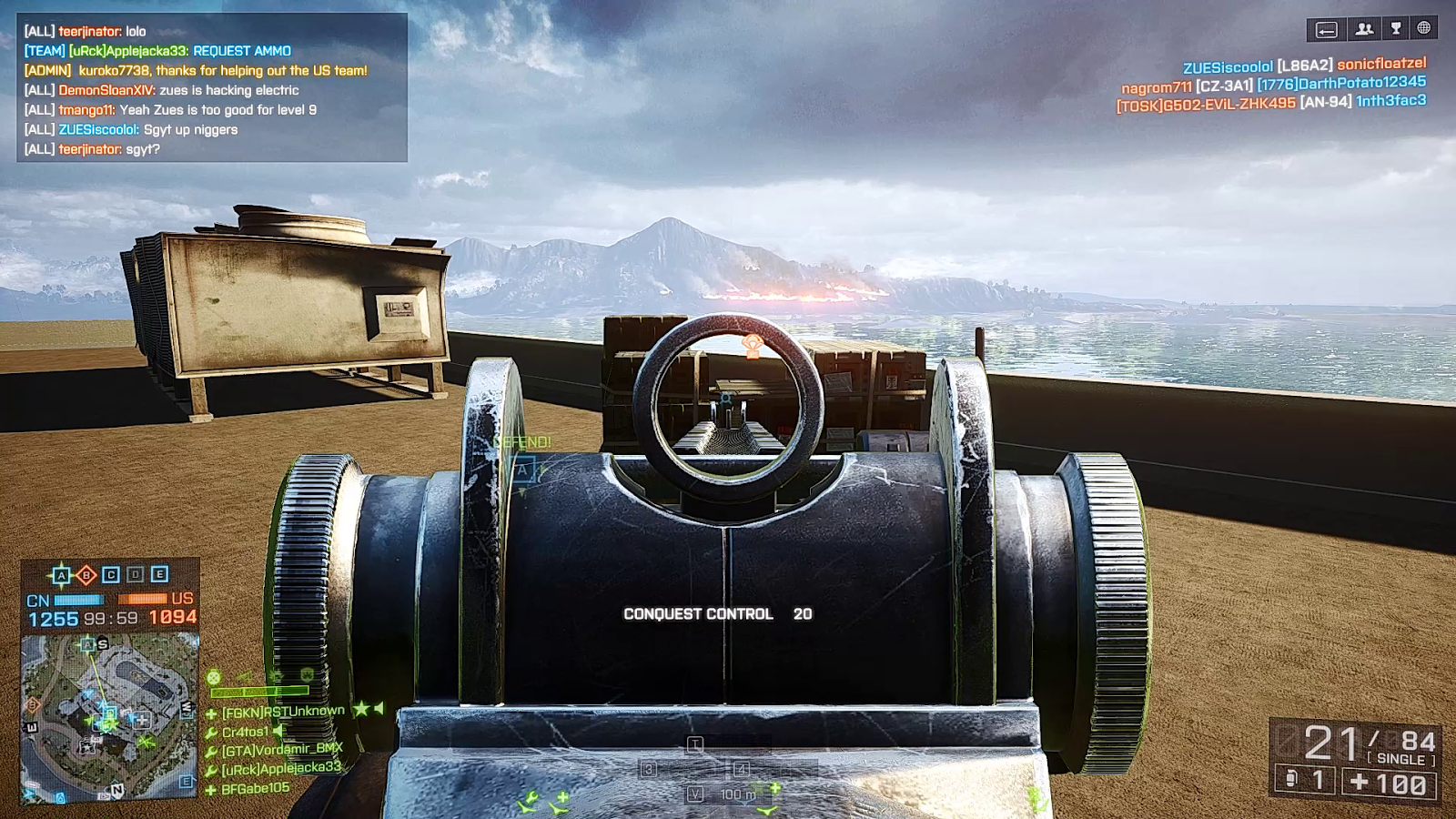
Constitutional Rights and IST
Collusion is an agreement between two or more parties, sometimes illegal and therefore secretive, to limit open competition by deceiving, misleading, or defrauding others of their legal rights, or to obtain an objective forbidden by law typically by defrauding or gaining an unfair market advantage. It is an agreement among firms or individuals to divide a market, set prices, limit production or limit opportunities. It can involve "wage fixing, kickbacks, or misrepresenting the independence of the relationship between the colluding parties". In legal terms, all acts effected by collusion are considered void.
Involuntary Medication in Response to an Emergency
Penal
Code Section 1370(a)(2)(B)(iv) provides that the state may
involuntarily medicate an IST in an emergency, as defined by Welfare
and Institutions Code section 5008(m).
California
Department of Mental Health (DMHI) Long Term Care Division Special
Order No. 333.04 (DMH Special Order 333.04) sets forth DMH’s
standards and procedures for involuntarily medicating individuals
found IST. Citing Penal Code section 5008(m), the DMH Special Order
provides that state hospitals can prescribe antipsychotic medication
for emergency situations, for the preservation of life or for the
prevention of serious bodily harm to the individual or others.
“Emergency” is defined as an imminent danger to self or
others as a result of mental disease, defect or disorder. The
Special Order specifies that involuntary medication can be
administered only for as long as the emergency exists, and must be
provided in the manner least restrictive to the individual’s
personal liberty. DMH Special Order 333.04.
Involuntary Medication Because the IST Defendant Lacks Capacity to Consent
Involuntary
medication may be administered if the court determines that: the
individual lacks capacity to make decisions regarding antipsychotic
medication; the individual’s mental disorder requires medical
treatment with antipsychotic medication; and, if the individual's
mental disorder is not treated with antipsychotic medication, it is
probable
that serious harm to the physical or mental health
of the individual will result. Penal Code §
1370(a)(2)(B)(ii)(I).
“Probability
of serious harm to the physical or mental health”
of the defendant requires evidence that the defendant is presently
suffering adverse effects to his physical or mental health, or that
the defendant has previously suffered these effects as a result of a
mental disorder and his condition is substantially deteriorating.
The fact that a defendant has a diagnosis of a mental disorder does
not alone establish probability of serious harm to the physical or
mental health of the defendant.” Penal Code
§ 1370(a)(2)(B)(ii)(I).
Note
that DMH Special Order 333.04 does not mention lack of capacity to
consent as a potential basis on which state hospitals may administer
involuntary medication to an individual committed as IST.
Involuntary Medication because the IST Defendant is a Danger to Others
Under
the Penal Code, involuntary medication may be administered if the
court determines both: (1) that the defendant is a danger to others,
in that he has inflicted, attempted to inflict, or made a serious
threat of inflicting substantial physical harm on another while in
custody, or that resulted in his being taken into custody; and (2)
that the defendant presents, as a result of mental disorder or mental
defect, a demonstrated
danger
of inflicting substantial physical harm on others. Penal Code
§ 1370(a)(2)(B)(ii)(II).
“Demonstrated
danger”
may be based on an assessment of the defendant's present mental
condition, including a consideration of past behavior of the
defendant within six years prior to the time the defendant last
attempted to inflict, inflicted, or threatened to inflict substantial
physical harm on another, and other relevant evidence.” Penal
Code § 1370(a)(2)(B)(ii)(II).
Although
the Penal Code requires a court order for the involuntary
administration of medication due to dangerousness, DMH Special Order
333.04 establishes internal procedures for authorizing such
medication on an interim basis while a court order is pending. Under
the Special Order, interim authority for involuntary medication due
to dangerousness can be established by referring the patient to a
medical staff Psychotropic Medication Review panel to determine the
necessity for psychotropic medication. A social worker or nurse must
act as the patient’s advocate. At least two of the three
members of the panel must find that the patient meets criteria for
involuntary psychotropic medication. Medication may then be ordered
for 14 days. After 14 days, the panel must review the treatment
outcome again and may order continued treatment for up to 180 days,
or until court review has been obtained, whichever occurs sooner.
To
obtain long-term authority to administer involuntary medication on
the basis of dangerousness, the Special Order states that when the
patient has been referred to the Psychotropic Medication Review panel
for the interim administration of psychotropic medication, the state
hospital must concurrently file a letter with the court signed by the
Medical Director of the facility and the treating psychiatrist
attesting to the fact that the patient is a danger to self or others
and requesting a court order for involuntary medication. The Special
Order specifies that it is not necessary for harm to become
unavoidable or take place prior to treatment. DMH Special Order
333.02.
Involuntary Medication to Restore Competency
A
court may issue an order to medicate an IST defendant in order to
restore competency to stand trial only if the defendant does not meet
any of the other criteria for involuntary treatment, as discussed
above. Penal Code § 1370(a)(2)(B)(iii).
California
Penal Code Section 1370(a)(2)(B)(ii)(III) and DMH Special Order
333.02 delineate the requirements that must be met before medicating
to restore competency. The statutory provision is modeled after the
U.S. Supreme Court decision in Sell
v. United States
(2003) 539 U.S. 166, which sets forth the constitutional requirements
under the Due Process Clause. The Special Order requires that the
state hospital file a letter with the court signed by the treating
psychiatrist and the Medical Director of the facility attesting to
the fact that the statutory criteria for involuntary medication to
restore competency are met.
Below
is a comparison of the Sell
requirements, their California statutory counterparts in section
1370(a)(2)(B)(ii)(III), and some of the significant judicial
interpretations of the statutory provision to date. A trial court
issuing an order to medicate under this subsection must comply with
all of these constitutional, statutory, and common law requirements.
For
more information on the right to refuse psychotropic medication for
all forensic mental health clients, see, The
Right to Refuse Psychotropic Medication for Forensic Mental Health
Clients
(October 2005), Disability Rights California Publication #5455.01.
Ochlocracy versus anarchism
Anarchism, meaning "without government", is a term covering various anti-authoritarian philosophies and movements, generally viewing themselves as socialist, which are dedicated to the replacement of states and/or governments (either capitalist governments or all governments) by various suggested alternatives such as autonomous self-realizing democratic structures. Anarchists reject the criticism that anarchism is inherently ochlocratic as a mischaracterization of anarchism, arguing that it includes theories of structure and mutual support rooted in democracy and free association.

























































